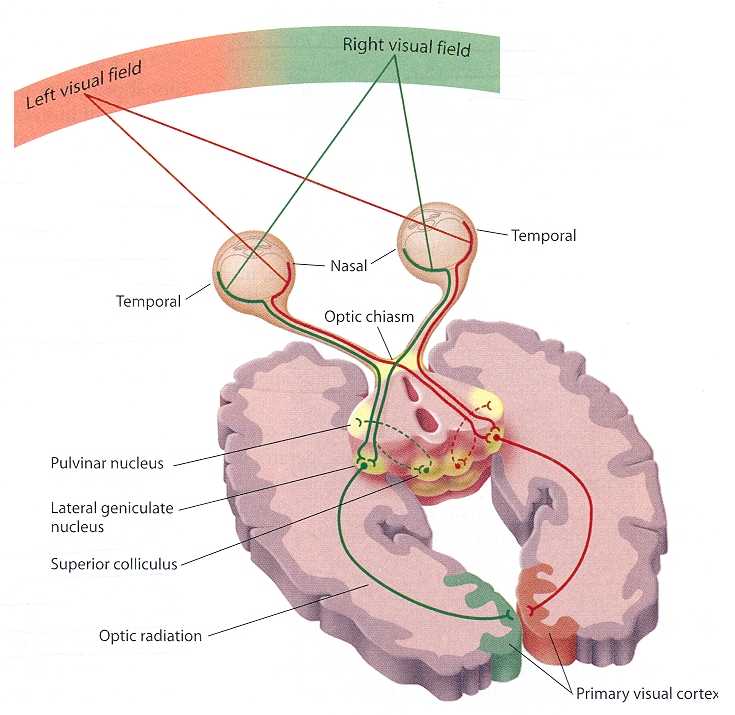
The problem of representation, meaning and memory is also illustrated by the case of the patient who has lost his arm in an accident."
"As is often the case, the brain creates a 'phantom' limb in an apparent attempt to preserve a unified sense of [keep in tact] self.
"The brain knows there is no limb; pain is the consequence of the incoherence between what the brain 'sees' (no arm) and the brain's 'feeling' the presence of a phantom that it has created in its attempt to maintain a unified sense of self in continuity with the past."
pp. 62-65, Israel Rosenfield & Edward Ziff, The New York Review of Books, June 26, 2008."How the Mind Works: Revelations."
Can we really hope to remove unexamined bias from long cherished beliefs about the world?
history | neuroscience | means
to knowledge | means of interpreting the
world | mechanistic | method![]()

